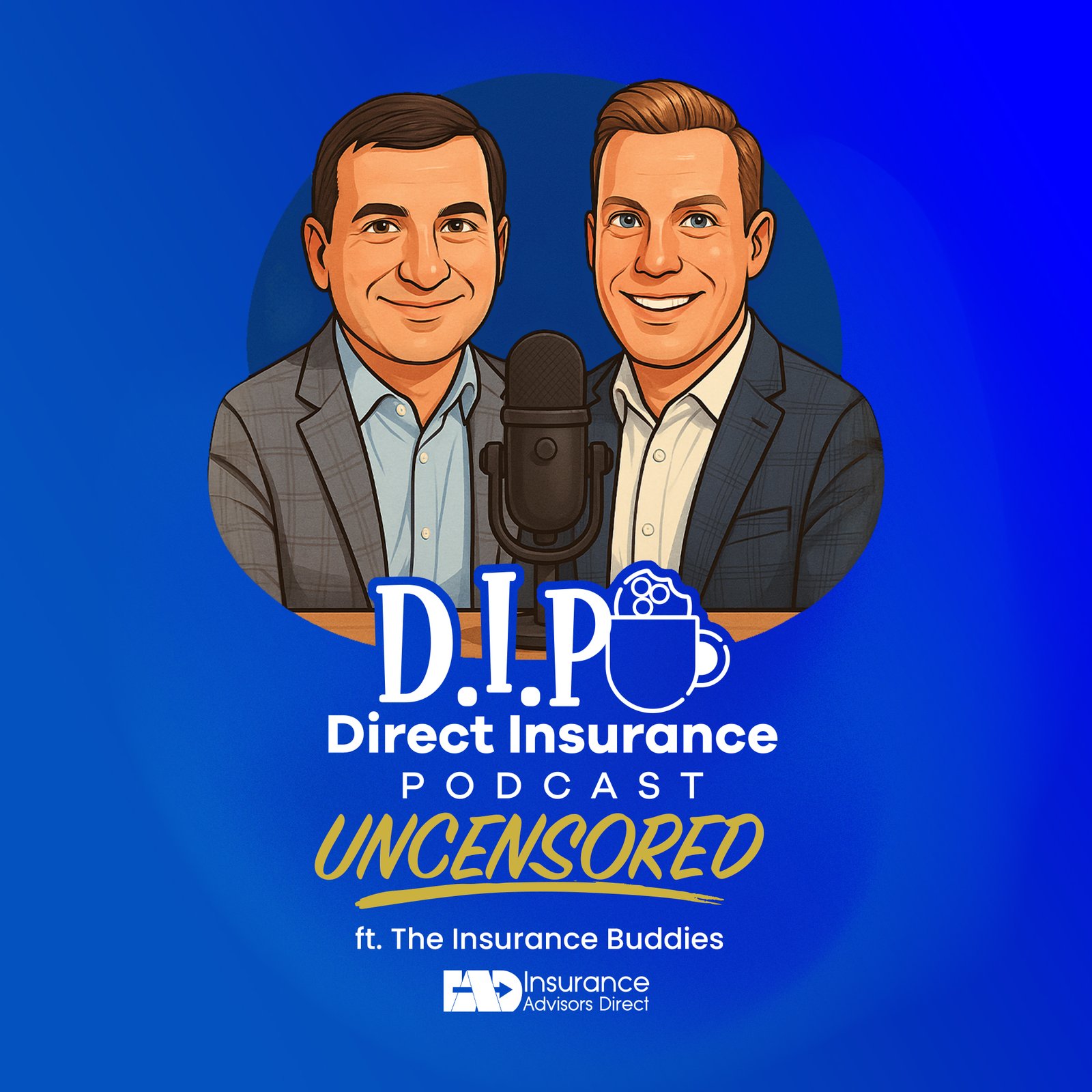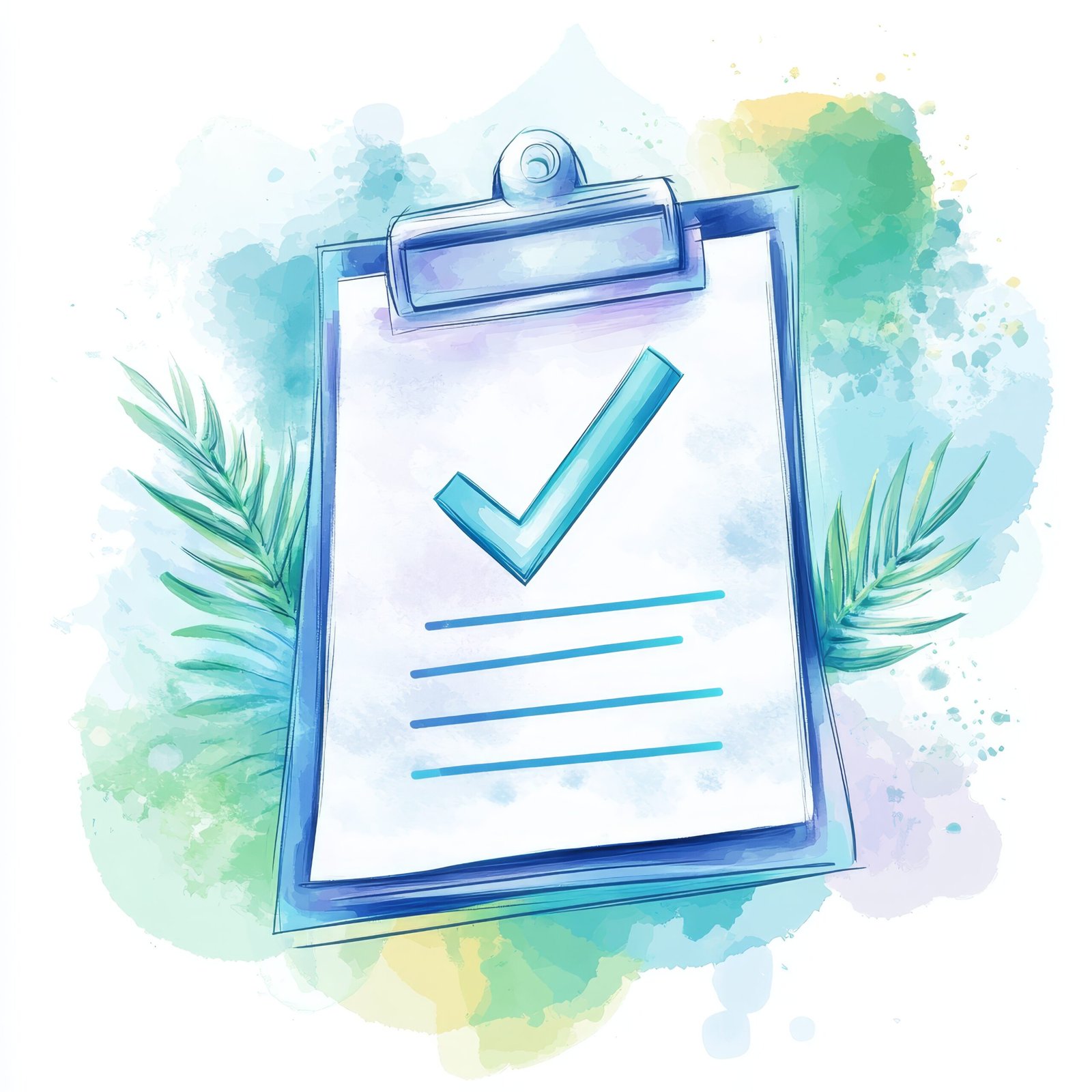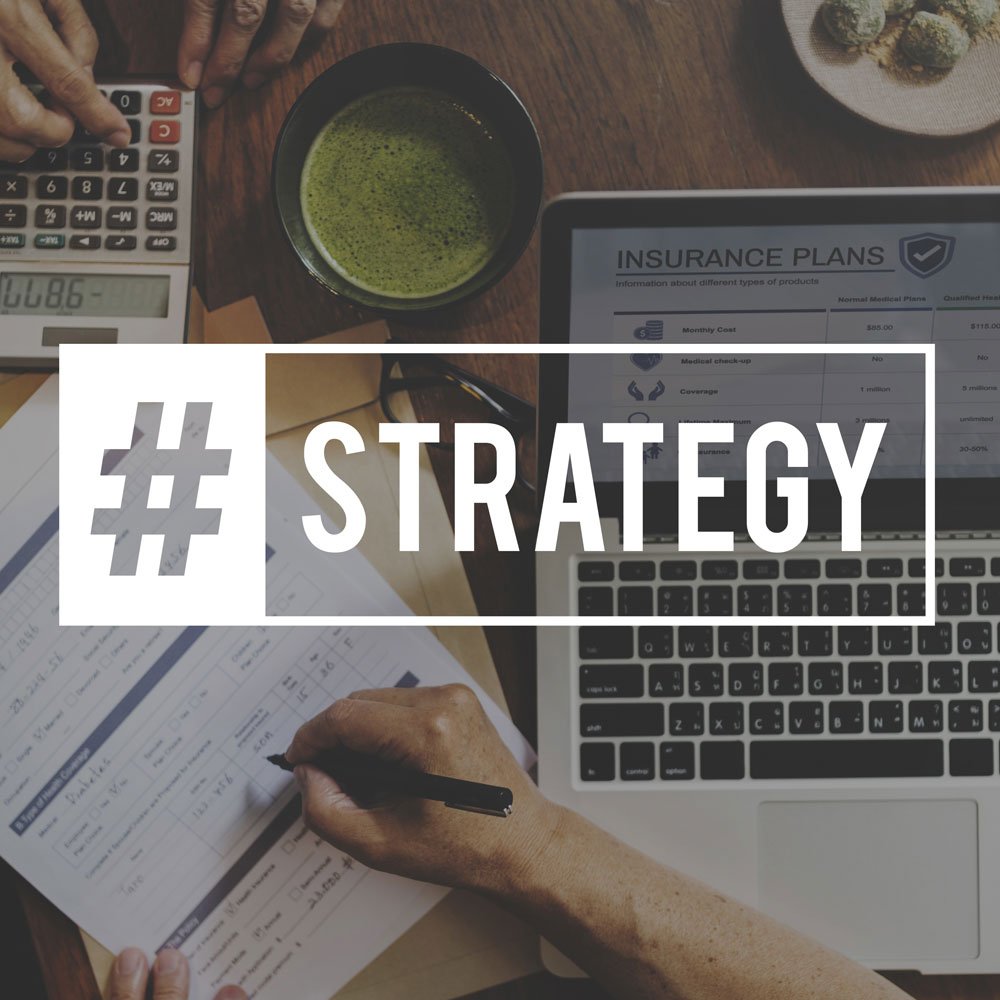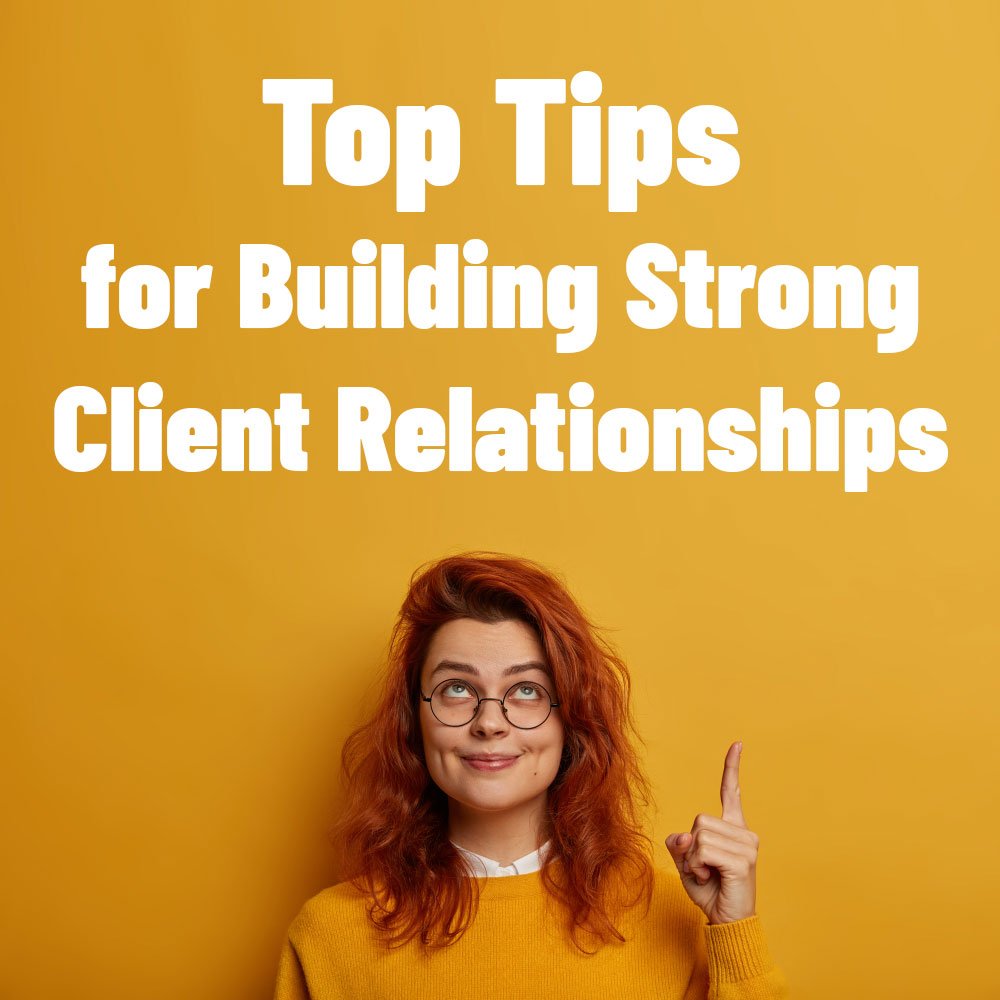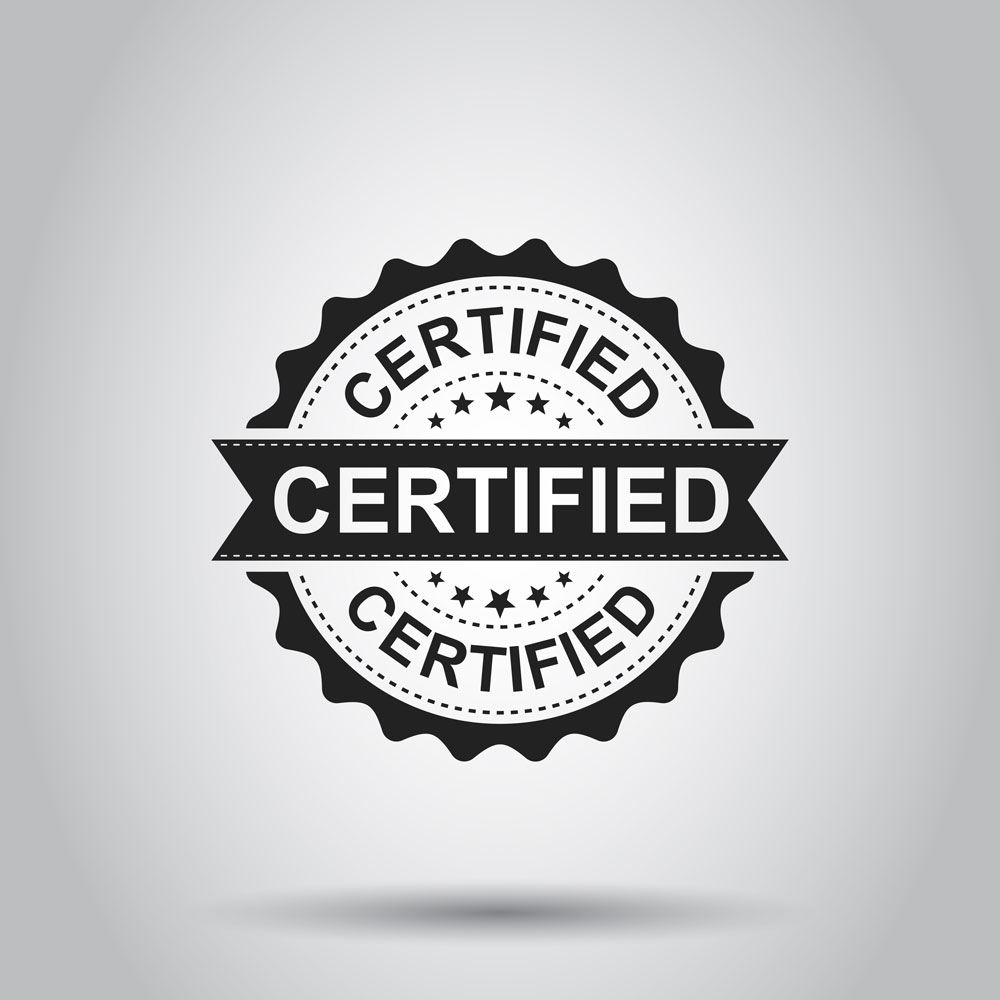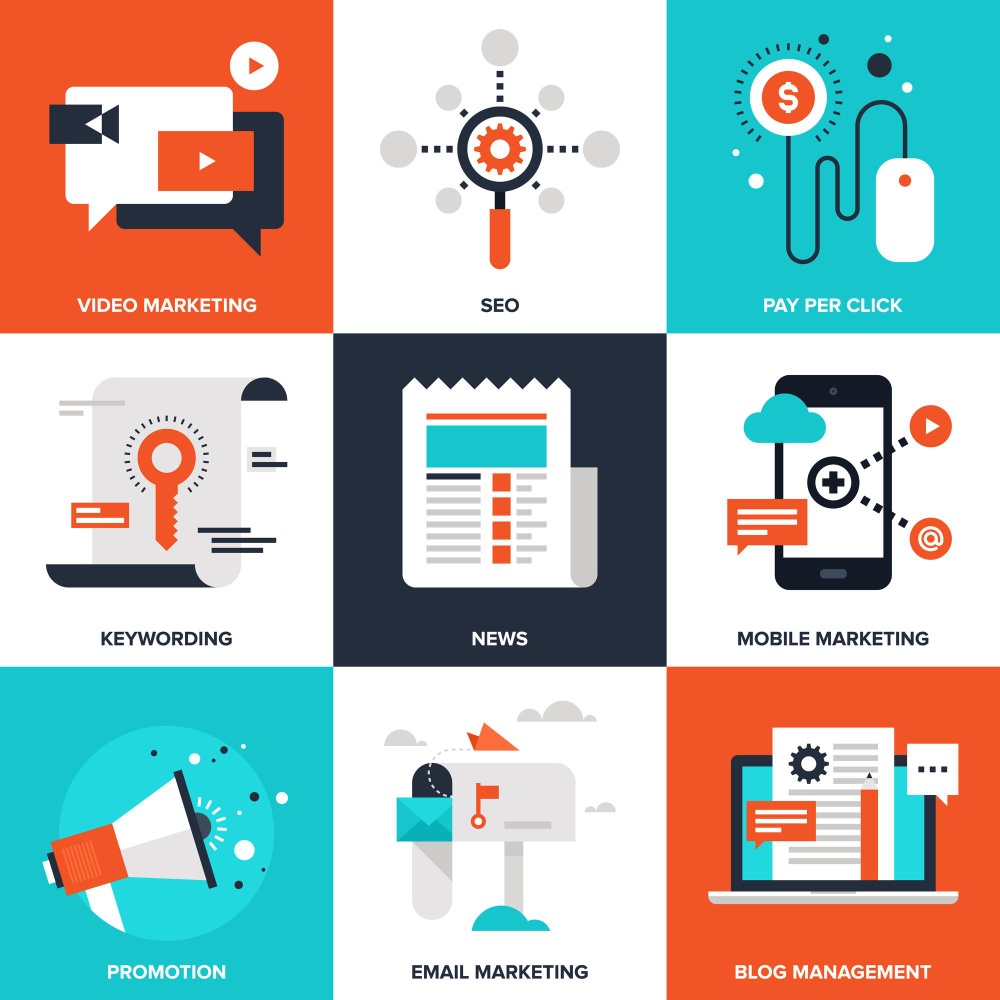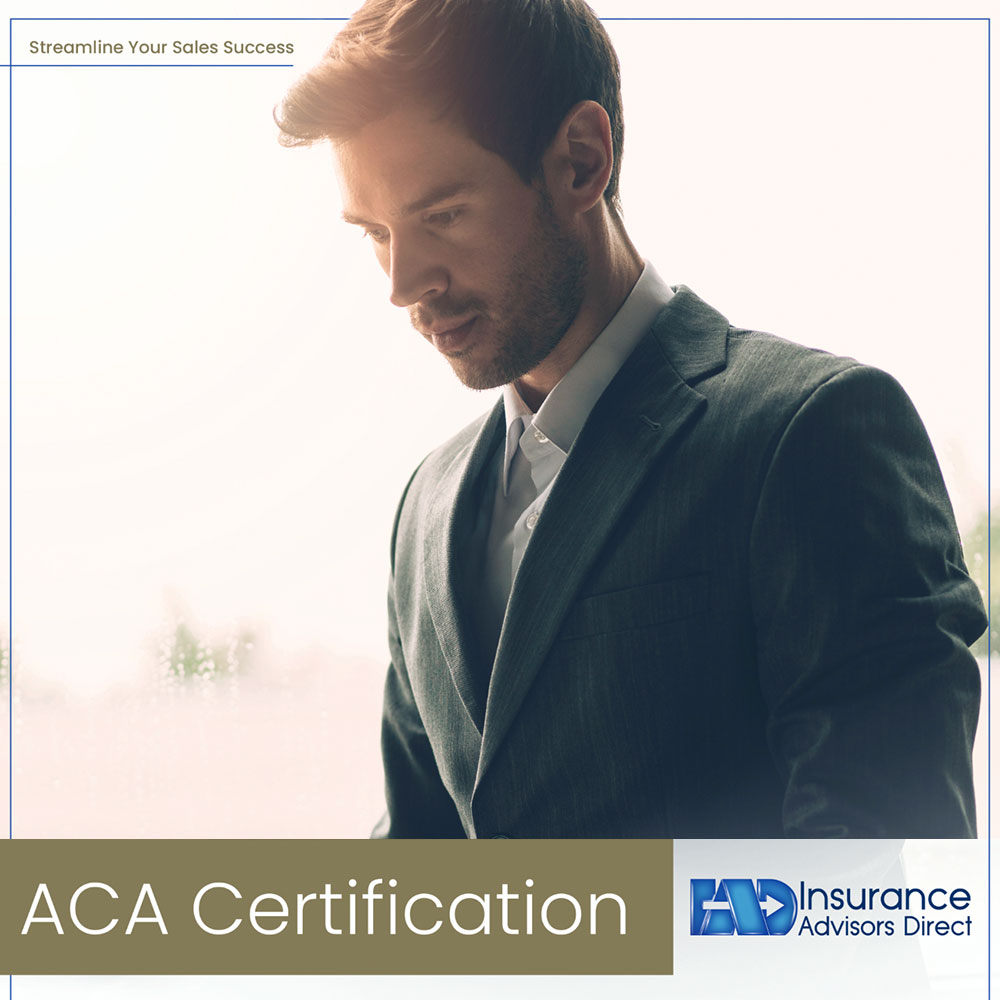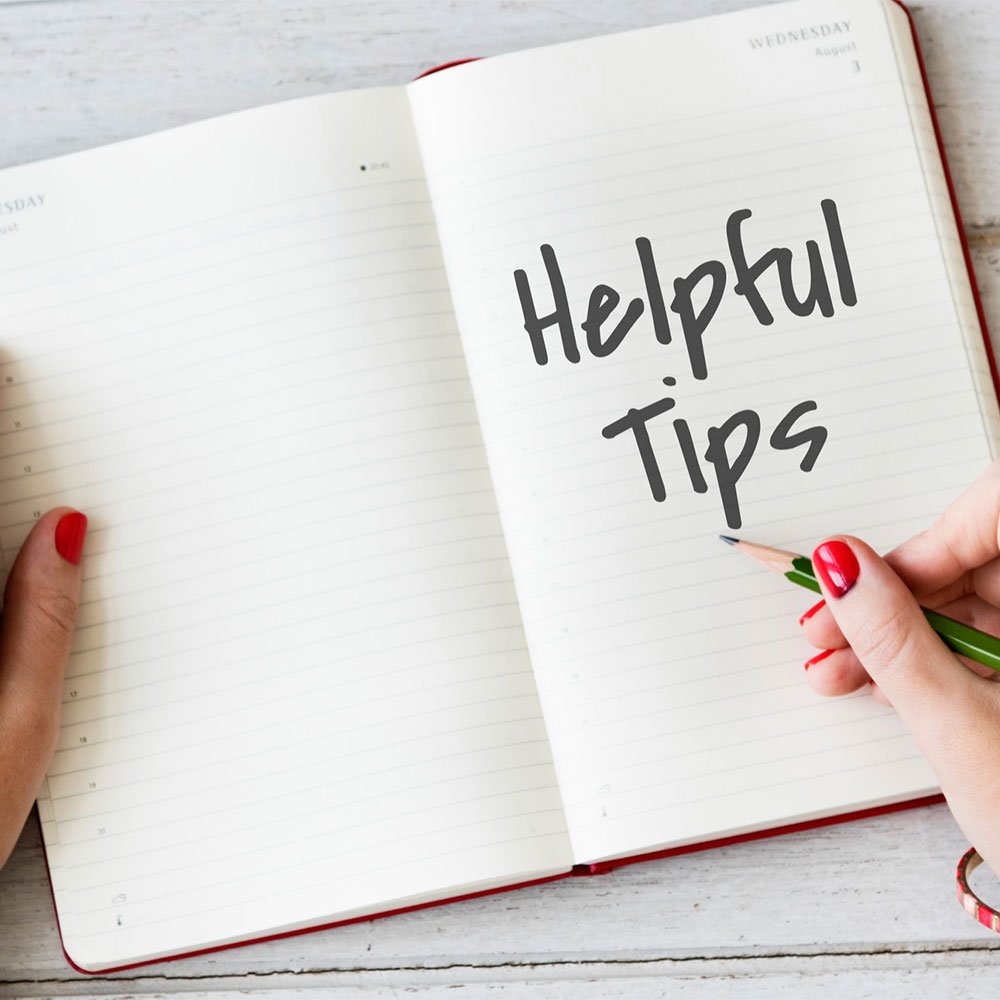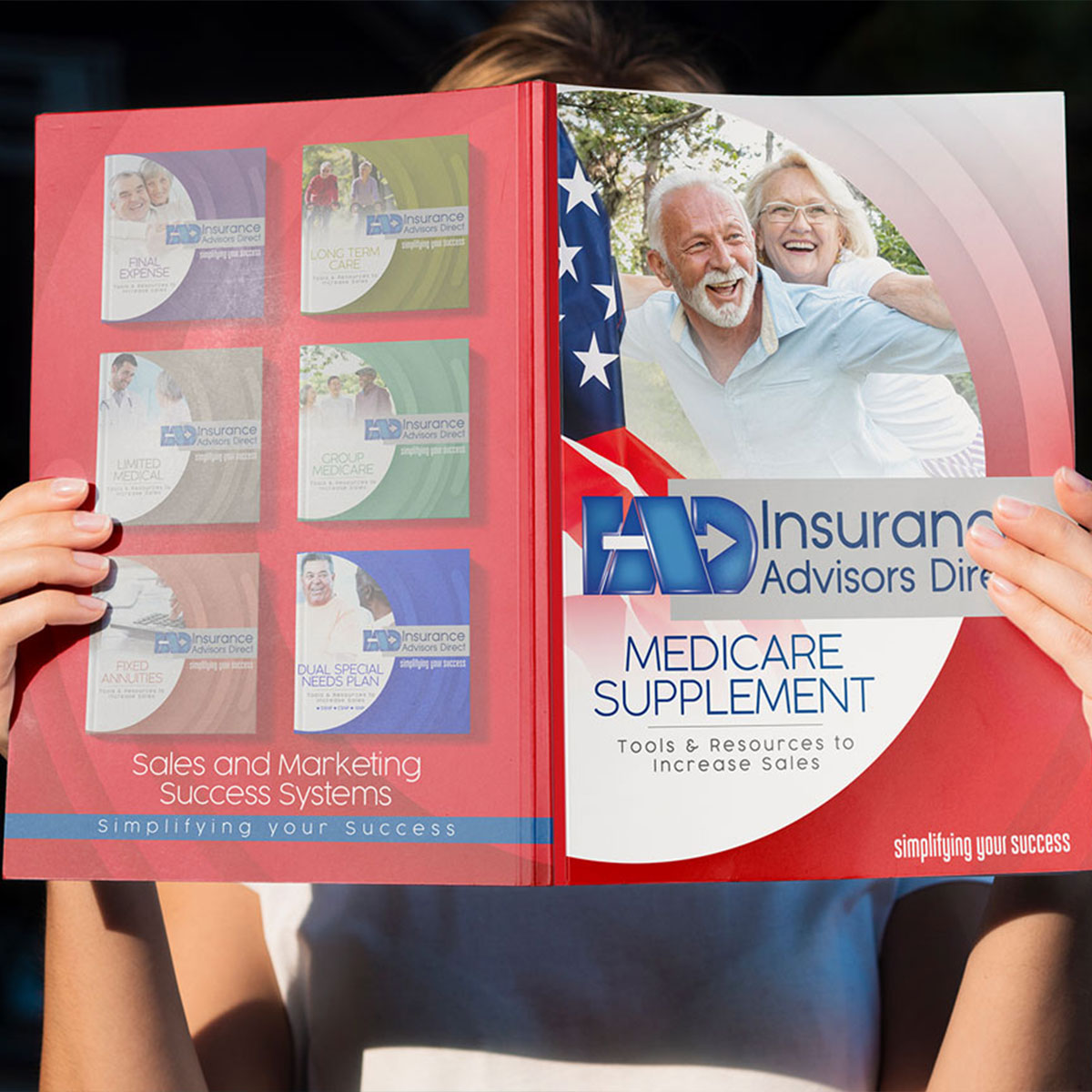
Getting Started as an Insurance Agent!
Launching Your Insurance Agent Career:
A Step-by-Step Guide
The insurance industry offers a rewarding path for those with a passion for helping others. Whether you enjoy natural salesmanship or simply want to make a positive impact, becoming an insurance agent allows you to meet diverse clients and provide essential security solutions. But how exactly do you get started? This comprehensive guide will equip you with the knowledge and steps needed to launch your successful insurance agent career.
Choosing Your Path:
Independent vs. Captive Agent
Before diving in, it’s crucial to understand the two main agent types: independent and captive. Independent agents work for themselves, contracting with multiple insurance carriers to offer a wider product range. They enjoy uncapped earning potential and control over their work-life balance, but face the responsibility of building their own client base and securing benefits.
Captive agents, on the other hand, are employees of a single insurance carrier. They receive a salary and benefits package, but are limited to selling that carrier’s products.
Consider these questions to determine the right fit for you:
- Do I thrive in a self-directed environment or prefer a structured role?
- Is financial freedom a top priority, or are benefits like healthcare more important?
- Am I comfortable building a client base from scratch, or do I prefer a pre-defined customer pool?
By understanding your preferences and goals, you can make an informed decision about whether the independent or captive agent route aligns better with your aspirations.
Self-Assessment:
Are You Cut Out to Be an Insurance Agent?
The insurance industry demands a specific skillset. Taking a realistic look at your strengths and weaknesses is essential for success. Here are some key traits to consider:
- Self-Motivation and Organization: Building a clientele requires dedication and consistent effort.
- Product Knowledge: You’ll need to understand various insurance products to effectively advise clients.
- Medicare Compliance: For Medicare agents, mastering compliance regulations is crucial.
- Presentation Skills: Presenting complex information in a clear and engaging way is vital.
- People Skills: Building trust and rapport with clients is key to closing deals.
- Emotional Intelligence: Understanding and responding to client needs effectively is essential.
- Networking and Marketing: Generating leads and promoting your services is a core aspect of the job.
Do a SWOT Analysis: This tool helps you identify your Strengths, Weaknesses, Opportunities, and Threats. It provides a clear picture of your current state and areas for improvement.
Not sure if you have the right mindset? Don’t be discouraged. Many successful agents overcame initial challenges. Consider seeking mentorship or joining an agent support group to navigate the initial hurdles.
The Roadmap to Becoming an Insurance Agent:
14 Essential Steps
Now that you understand the different agent types and have assessed your suitability, let’s delve into the practical steps for launching your career:
Finding the right FMO is critical. Look for one that offers comprehensive training, marketing assistance, and a strong reputation within the industry.
Building Your Community and Growing Your Business
- Networking: Attend industry events, join local business organizations, and connect with other professionals in your community.
- Content Marketing: Create valuable content such as blog posts, social media updates, and videos to share your expertise and engage with potential clients.
- Client Relationships: Prioritize building strong, long-term relationships with your clients based on trust and mutual respect.
- Provide Exceptional Service: Offer personalized service, respond promptly to client inquiries, and address their concerns effectively.
Launching Your Insurance Agent Career
with Insurance Advisors Direct
Insurance Advisors Direct (IAD) is a leading FMO dedicated to supporting the success of independent insurance agents. We offer a comprehensive suite of services including:
- Comprehensive Training: Access to live and digital training resources to help you master the intricacies of the insurance industry.
- Marketing Support: Leverage our marketing expertise to develop a strong online presence and generate leads.
- Contract Support: We assist with contracting with top-tier insurance carriers.
- Dedicated Support: Our team of experienced professionals provides ongoing support and guidance throughout your journey.
Ready to take the next step?
Contact Insurance Advisors Direct today to learn more about our agent support programs and how we can help you launch a successful career in the insurance industry.
Disclaimer: This information is for general guidance only and does not constitute financial or legal advice.





























